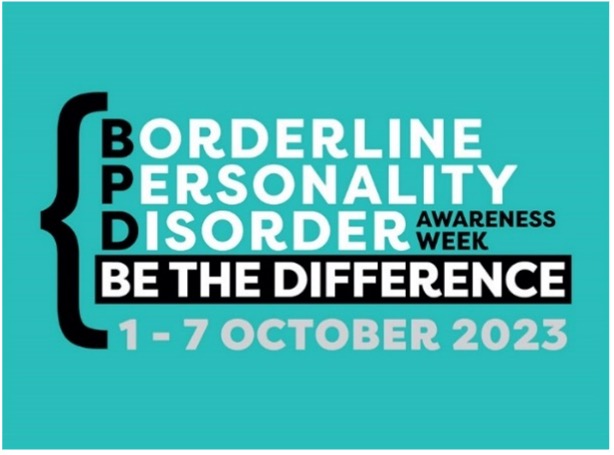October 1-7, 2023
Borderline Personality Disorder (BPD) is a complex mental health disorder that is estimated to affect between 1-6% of Australians in their lifetime. People with BPD have difficulties in interpersonal relationships, an unstable sense of self, and strong emotional responses, which impede their daily functioning and quality of life. They may also engage in impulsive or self-destructive behaviours such as self-harm or drug use, in response to their challenges recognising, managing, and responding to overwhelming or intense emotions.
Despite changing attitudes, people with BPD still face significant stigma and discrimination because of misconceptions about BPD's age of onset, its treatability, and its overlap with other personality disorders like Bipolar. One way to bring awareness to BPD and help reduce the stigma associated with the disorder is through education.
Common Misconceptions about BPD:
Age of Onset: While it was one assumed that personality disorders could only be diagnosed in adults, an increasing body of evidence indicates that the disorder can be reliably diagnosed in adolescents as young as 11 years (Guilé et al., 2018). Despite this, many psychologists are still reluctant to diagnose the disorder, questioning its appropriateness at a time when personality is still forming.
Treatability: BPD was once considered a lifelong condition, but research is now demonstrating that with effective treatment, it may be possible to achieve remission or a long-term return to psychosocial functioning. Psychotherapy is the most effective form of treatment with therapies such as Dialectical Behaviour Therapy (DBT) and Mentalization-based therapy (MBT) showing promising outcomes.
Overlap with other disorders: Given their strong symptom overlap, BPD is often misdiagnosed as other personality disorders such as Bipolar and Schizophrenia. Misdiagnosis can delay the use of the most appropriate treatment, resulting in less favourable treatment outcomes and prolonging the course of the disorder.
For more information, please visit the Borderline ACT website, which has many resources available to support individuals with BPD and their families.

